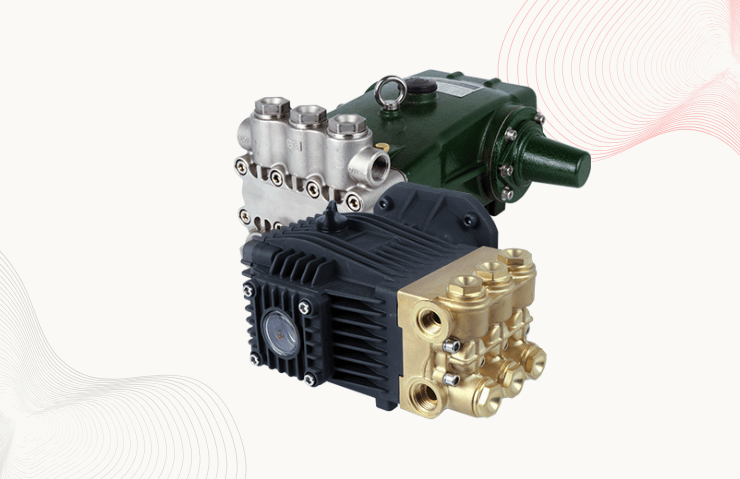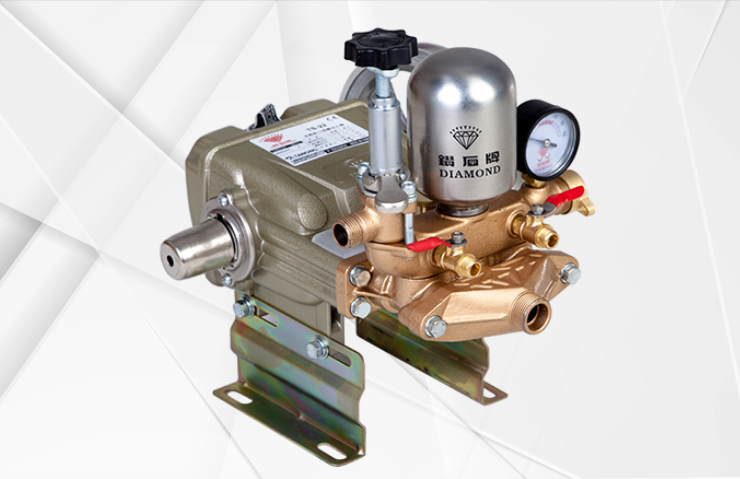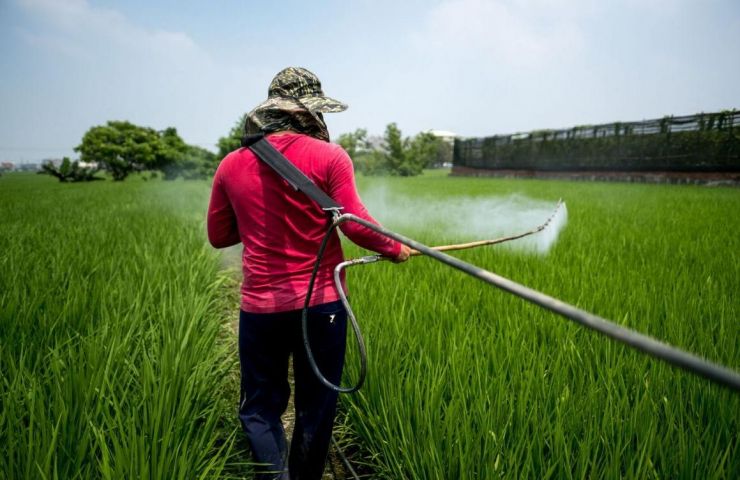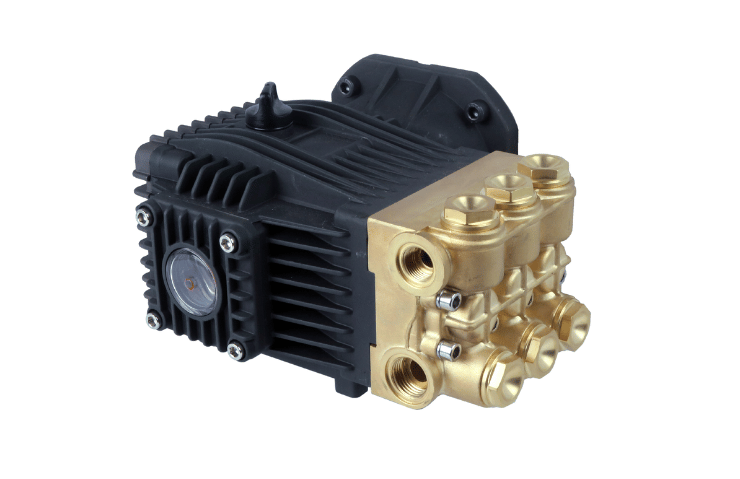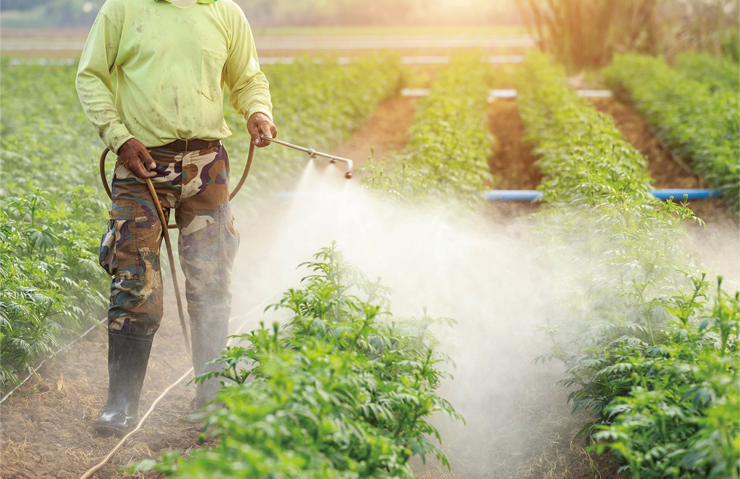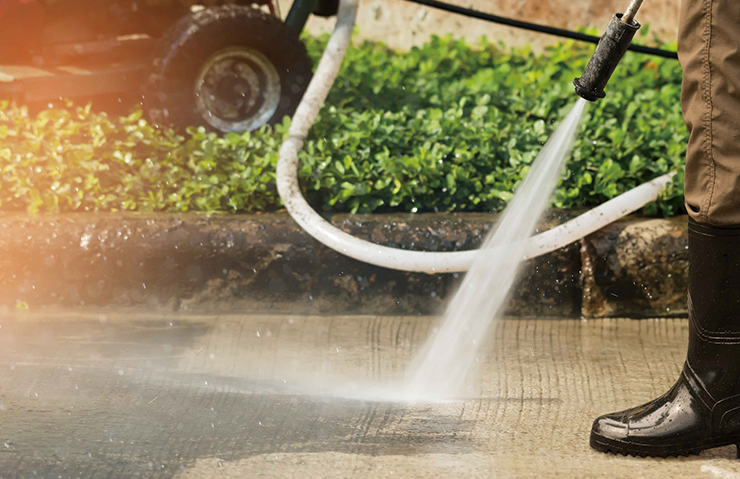Latest Article
Types of Plunger Pumps: Get to Know Everything about Plunger Pumps - From Basic Principles to Structure
There are many types of industrial pumps, which can generally be divided into two main categories based on their working principles. The first category, known as dynamic pumps, uses rotational force—similar to a fan—to push liquids. The second category, positive displacement pumps, functions like a hand pump, displacing a fixed amount of liquid with each cycle. Understanding these two classifications is the first step in learning about different types of pumps.
In this article, we will explore the major and subcategories of pumps, with a particular focus on plunger pumps.
High-Pressure Pumps: Definition, Specifications, and Reciprocating Pump Overview
High-pressure pumps play a pivotal role in various industries, including high-pressure cleaning, hydraulic machinery, chemical processing, and oil and gas exploration. These devices are designed to generate fluid pressures significantly above atmospheric levels, typically classified as 'high-pressure pumps' when exceeding 30 bar (approximately 435 psi). Depending on specific application requirements, high-pressure pumps can be broadly categorized into three ranges: 30 to 100 bar, 101 to 500 bar, and above 500 bar. In specialized applications like ultra-high-pressure waterjet cutting, pressures can even reach several thousand bar. Therefore, the precise pressure range of high-pressure pumps varies based on the application. In addition to pressure, factors like flow rate, speed, and horsepower are also crucial in evaluating the suitability of a high-pressure pump. For a more in-depth understanding, refer to this article.
Chemical Sprayers: How to Spray Efficiently and Safely
From agriculture to household cleaning, the use of chemicals is often indispensable. Therefore, we need professional chemical sprayers to ensure the effective and safe application of these substances. But what design elements in chemical sprayers allow them to handle potentially harsh substances? We'll delve into these questions and more in this comprehensive FAQ.
Introduction of Four Main Index of High Pressure Pump Specification
When selecting suitable high-pressure pump equipment, there are many specification indicators to consider. This article will focus on introducing the four key specification indicators of high-pressure pumps: flow rate, pressure, speed, and horsepower.

